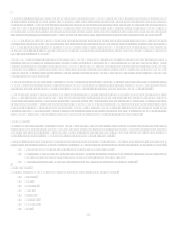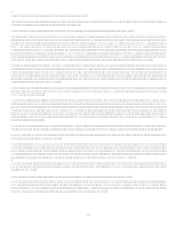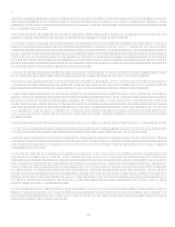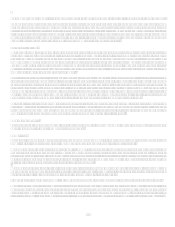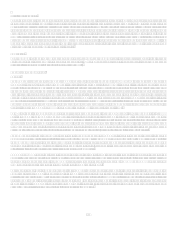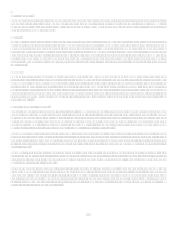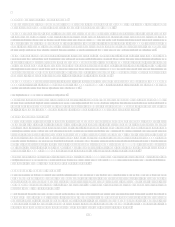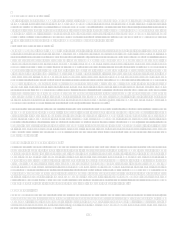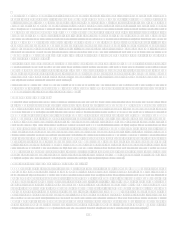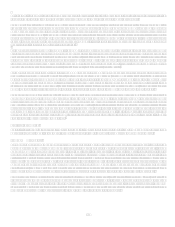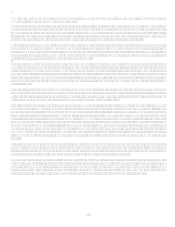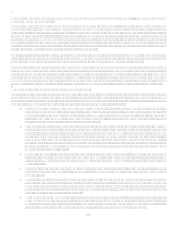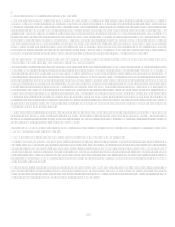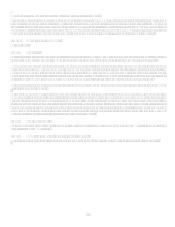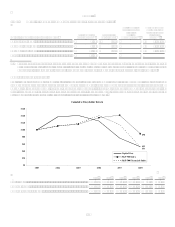Capital One 2008 Annual Report Download - page 34
Download and view the complete annual report
Please find page 34 of the 2008 Capital One annual report below. You can navigate through the pages in the report by either clicking on the pages listed below, or by using the keyword search tool below to find specific information within the annual report. 16
Capital One Asset Management, LLC and Capital One Financial Advisors, LLC are registered investment advisers regulated under the
Investment Advisers Act of 1940. Capital One Asset Management provides investment advice to institutions, foundations and
endowments, and high net worth individuals.
Capital One Investment Services, LLC and Capital One Southcoast Capital, Inc. are registered broker-dealers regulated by the
Securities and Exchange Commission and the Financial Industry Regulatory Authority. The Companys broker-dealer subsidiaries are
subject to, among other things, net capital rules designed to measure the general financial condition and liquidity of a broker-dealer.
Under these rules, broker-dealers are required to maintain the minimum net capital deemed necessary to meet their continuing
commitments to customers and others, and are required to keep a substantial portion of their assets in relatively liquid form. These
rules also limit the ability of broker-dealers to transfer large amounts of capital to parent companies and other affiliates. Broker-
dealers are also subject to other regulations covering their business operations, including sales and trading practices, public offerings,
publication of research reports, use and safekeeping of client funds and securities, capital structure, record-keeping and the conduct of
directors, officers and employees.
USA PATRIOT Act of 2001
The USA PATRIOT Act of 2001 (the Patriot Act) contains sweeping anti-money laundering and financial transparency laws as well
as enhanced information collection tools and enforcement mechanisms for the U.S. government, including due diligence requirements
for private banking and correspondent accounts; standards for verifying customer identification at account opening; rules to promote
cooperation among financial institutions, regulators, and law enforcement in identifying parties that may be involved in terrorism or
money laundering; reporting requirements applicable to the receipt of coins and currency of more than $10,000 in nonfinancial trades
or businesses; and more broadly applicable suspicious activity reporting requirements.
The Department of Treasury in consultation with the Federal Reserve and other federal financial institution regulators has
promulgated rules and regulations implementing the Patriot Act that prohibit correspondent accounts for foreign shell banks at U.S.
financial institutions; require financial institutions to maintain certain records relating to correspondent accounts for foreign banks;
require financial institutions to produce certain records upon request of the appropriate federal banking agency; require due diligence
with respect to private banking and correspondent banking accounts; facilitate information sharing between government and financial
institutions; require verification of customer identification; and require financial institutions to have an anti-money laundering
program in place.
Interstate Taxation
Several states have passed legislation which attempts to tax the income from interstate financial activities, including credit cards,
derived from accounts held by local state residents. The Company has accounted for this matter applying the recognition and
measurement criteria of FASB Interpretation No. 48, Accounting for Uncertainty in Income Taxes, an Interpretation of FASB
Statement No. 109, (FIN 48).
Legislation
Throughout 2007 and 2008, Congress introduced legislation focused on a number of areas related to Capital Ones businesses. During
the same period, eleven Congressional hearings were held and numerous legislative proposals introduced on credit card practices.
Legislation restricting credit card terms passed the U.S. House of Representatives in September 2008, but did not pass the U.S. Senate.
Concurrently, the Federal Reserve Board issued final rules in December 2008 that address many of the same issues raised by
legislators. See Regulation of Lending Activities in Item 1. Supervision and Regulation. The effective date of the regulations is July
1, 2010. Legislation has been introduced in Congress and may potentially be considered in both the U.S. House and the U.S. Senate in
2009 that would impact the implementation period of the Federal Reserve rules or extend limitations to additional practices.
In 2008, legislation was also introduced to regulate interchange fees. Several hearings were held, but the legislation was not
considered by the full House or by the U.S. Senate. This issue is expected to continue to be debated in Congress in 2009 and also at
the state level.
In 2008, Congress also focused on the housing market, looking at both retrospective and prospective solutions. In July 2008,
legislation was enacted to create additional federal backstops and strengthen regulation of the Government Sponsored Enterprises
(GSEs), including an overhaul of Federal Housing Administration (FHA) programs. In October 2008, the Emergency Economic
Stabilization Act (EESA) was enacted, which, among other things, authorized the U. S. Treasury Department to create a $700
billion Troubled Assets Relief Program (TARP) originally created to address troubled mortgage assets. In November 2008, the
Treasury approved the Companys participation in one of the programs implemented under the EESA, the TARP Capital Purchase
Program (the CPP). Treasury continues to refine the regulations implementing the CPP, and it is unclear at this time what its final
form will be. Additional programs are also being created that utilize TARP monies such as the Federal Reserves Term Asset Loan
Facility (TALF).



